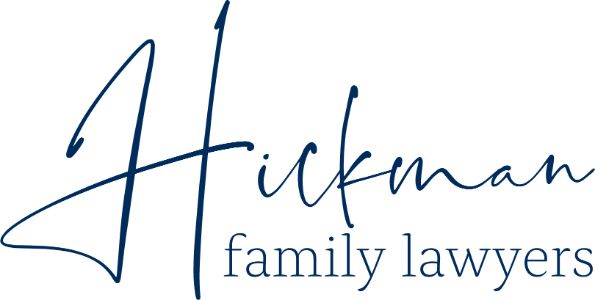Family Dispute Resolution, (FDR) or mediation, is one of the most efficient and successful processes in Australia, assisting divorcing couples to resolve their disputes and negotiate a fair and just settlement that they can both live with. FDR practitioners can assist in all financial and parenting matters.
What Is Family Dispute Resolution?
Unlike a Court procedure where both parties hire their own family lawyers, who slug it out in Court, FDR practitioners do not take sides. They remain impartial throughout the process, offering guidance to both parties while informing them of their legal rights and enabling them to make their own decisions to suit their own unique circumstances.
Family dispute resolution is so effective, resulting in only a small percentage of divorces in Australia ending up in the Courts.
What Are The Benefits Of Family Dispute Resolution?
The benefits of divorcing through family dispute resolution are many, including:
- It’s quicker. Where a Court process may take months or even years, a divorce using family dispute resolution can often be settled within just a few sessions, depending on the number and complexity of the points of dispute.
- Being quicker also makes family dispute resolution the least costly way of divorcing. Most FDR practitioners charge a flat fee with both parties knowing upfront what they’re in for. There are no hidden surprises.
- Less stressful. By remaining calm and neutral during the sessions, FDR practitioners reduce the stress and anxiety, encouraging both parties to keep emotions low, and remaining reasonable in their negotiations, in order to achieve an amicable settlement.
- It’s informal and flexible. Unlike a Court procedure, which has a strict code of rules most people find intimidating, mediation is usually a more relaxed and flexible process. If you’re feeling uncertain about a certain issue, or need time to think, you may ask for a break, or time to obtain a second opinion. You may bring a family member, friend, or your own family lawyer for support, and even get to choose the venue. Of course, such decisions must be agreed upon by both parties.
- It’s confidential. Family dispute resolution practitioners are bound by strict code of conduct and will not divulge any information disclosed to anyone. No information shared during the sessions, can be used as evidence, if the matter ends up in the Court.
- You remain in control. Unlike a Court where divorce lawyers argue on your behalf and a Magistrate or Judge has the final say, in family dispute resolution, you get to decide on each issue and achieve a settlement that is fair and workable for your family.
Do You Have To Undertake Family Dispute Resolution To Get Divorced?
Not if there are no children involved.
However, Australian Family Law makes it mandatory for divorcing couples to first attempt mediation, if there are children under the age of 18 years involved. If you fail to reach a settlement, your family dispute resolution practitioner will issue a certificate to show you attempted mediation, after which, your other option would be to approach the Court.
How Do You Start The Family Dispute Resolution Process?
Once you’ve agreed with your spouse to attempt mediation, and you’ve selected a registered FDR practitioner, they will arrange a separate pre-session meeting with each spouse, in which the process will be explained to each person.
The practitioner will inform you of what documents to prepare and also try to get an understanding of the situation and the points of dispute, enabling them to offer practical suggestions for you both to consider, during the ensuing sessions.
What Happens During The Session?
Each point of dispute is discussed and negotiated by both parties, one by one, until they are resolved. There will be no pressure applied onto either spouse and you can both take as long as you want before deciding.
You are entitled to seek a second opinion at any time from your own divorce lawyer if necessary.
What Happens If We Reach An Agreement?
Once you reach an agreement, the family dispute resolution practitioner will prepare a draft agreement, which you may sign, or take to your own family lawyer for a final check over before signing.
Once it is signed by both parties it will be submitted it to the Court for approval, before the orders are made.
What Happens If We Don’t Reach An Agreement?
All issues that were not agreed upon, will have to be decided by the Court. This may not mean that the family dispute resolution process failed, as only the unresolved points of dispute will be argued in the Court, resulting in a quicker and less costly exercise.
For more information about how our family lawyers in Perth at Hickman Family Lawyers can help you divorce quickly and amicably using family dispute resolution, get in touch with us today.




